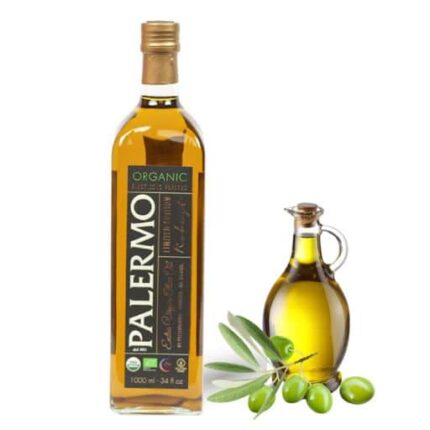Palermo Organic Extra Virgin Olive Oil 1000ml
Ethical Farming Methods: Promoting Sustainable Agriculture
In recent years, there has been a growing concern about the impact of conventional farming practices on the environment, animal welfare, and human health. As a result, many consumers are now seeking out ethical farming methods that prioritize sustainability and promote a healthier food system. One of the key principles of ethical farming is the use of organic and natural fertilizers and pesticides. This helps to minimize the use of harmful chemicals that can contaminate soil, water, and air. Organic farming also encourages biodiversity by avoiding the use of genetically modified organisms (GMOs) and promoting the growth of diverse plant and animal species. Another important aspect of ethical farming is the humane treatment of animals. This means providing animals with adequate space to roam and graze, access to clean water and nutritious food, and avoiding the use of growth hormones and antibiotics. Ethical farmers prioritize the well-being of their animals, ensuring that they are raised in a stress-free environment. Ethical farming methods also focus on soil health and conservation. Practices such as crop rotation, cover cropping, and composting help to maintain soil fertility and reduce erosion. By preserving the soil’s natural resources, ethical farmers can produce high-quality crops while minimizing the need for synthetic fertilizers. Furthermore, ethical farming promotes responsible water management. Farmers implement irrigation systems that minimize water waste and prioritize water conservation. This helps to protect water sources and ensures that future generations will have access to clean and abundant water. By choosing to support ethical farming methods, consumers can contribute to a more sustainable and environmentally friendly food system. Whether it’s buying organic produce, supporting local farmers, or participating in community-supported agriculture programs, every small action makes a difference. To learn more about ethical farming and support sustainable agriculture, visit [insert website link]. Together, we can create a healthier and more ethical food system for all.

